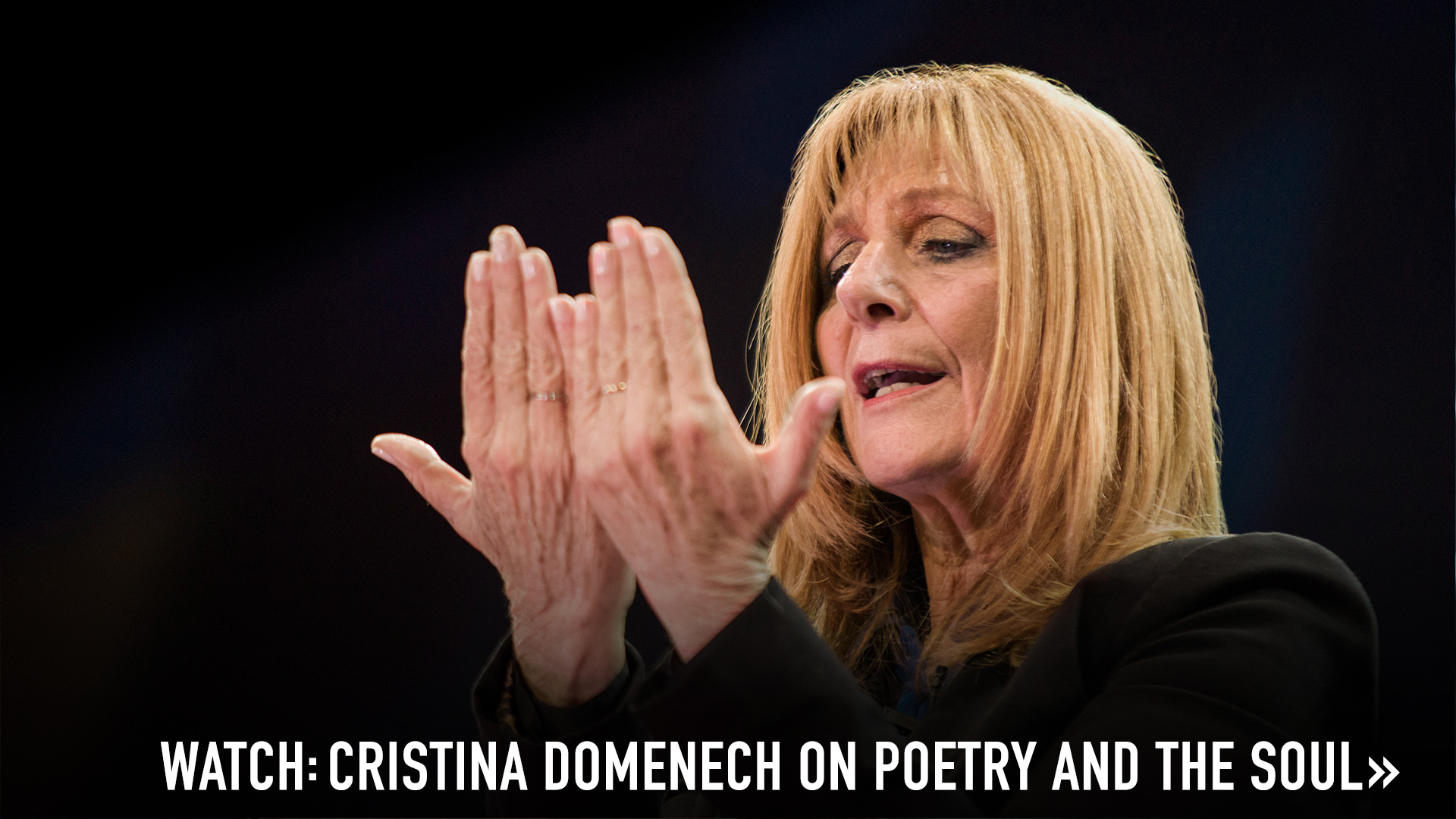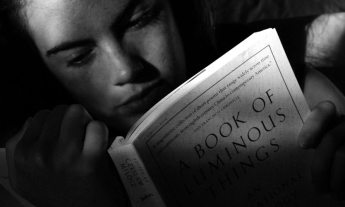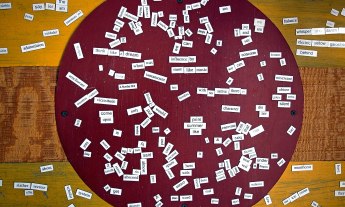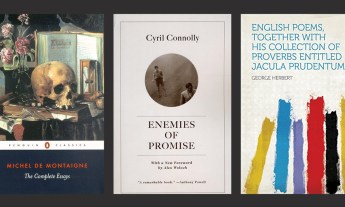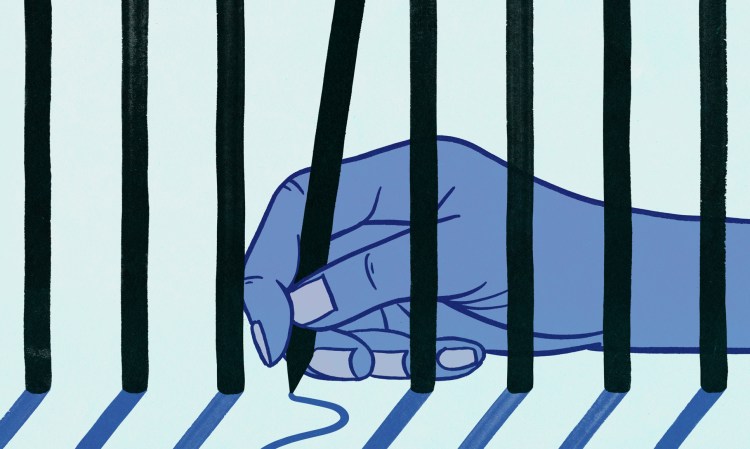
In the “hell” of incarceration, Cristina Domenech finds the raw material for poetry.
“It’s said that to be a poet, you have to go to hell and back,” says Cristina Domenech, who teaches poetry to prisoners. “They have plenty of hell,” she says. “Plenty of hell.” Domenech (TEDxRiodelaPlata talk: Poetry that frees the soul) runs a poetry writing workshop for the inmates at Unit 48 penitentiary in Buenos Aires, Argentina. Prisoners make for eager poetry students, she says, precisely because self-expression is so rarely practiced behind bars. She helps them to open up about their experiences and find a psychic escape from their confinement through the freedom of the written word.
Poetry is an outlet for unspoken thoughts. Domenech wondered why prisoners wanted to attend a writing class in the first place, so she asked them. “They told me they wanted to put on paper all that they couldn’t say and do,” she recalls. The restrictions that they were referring to were not just just physical, she learned, but psychological as well. “In prison, you can’t dream,” she says. “In prison, you can’t cry. There are words that are virtually forbidden, like the word ‘time,’ the word ‘future,’ the word ‘wish.’” In those stifled thoughts, Domenech saw the raw materials for poetry. “I gave them a moment of silence, then said, ‘That’s what poetry is, you guys. It’s in this prison universe that you have all around you. Everything you say about how you never sleep, it exudes fear. All the things that go unwritten — all of that is poetry.” There was just one catch. “Nobody had a clue what poetry really was.”
To write poetry, read, read and read some more. Domenech assigned the prisoners a steady regimen of reading assignments. They began with short poems, which Domenech selected to show how a few words could alter their perspectives. “By reading such short poems, they all began to realize that what the poetic language did was to break a certain logic and create another system. Breaking the logic of language also breaks the logic of the system under which they’ve learned to respond.” It dawned on her students that they too could break the unspoken logic of the prison system, which had conditioned them into a state of cowed silence. “So a new system appeared,” Domenech says, “new rules that made them understand very quickly — very quickly — that with poetic language they would be able to say absolutely whatever they wanted.”
The irrepressible pleasure of thinking freely. “Freedom is possible even inside a prison,” Domenech insists. “The only bars we have in our wonderful [classroom] is the word ‘bars.’” But first her students had to grope for words that would give meaning to the aimless experience of confinement. “We started appropriating that hell,” she says, “We plunged ourselves, headfirst, into the seventh circle. And in that seventh circle of hell, our very own, beloved circle, they learned that they could make the walls invisible, that they could make the windows yell, and that we could hide inside the shadows.” The words they found astounded Domenech. “I remember a verse by a tremendous poet,” she says, “a great poet, from our Unit 48 workshop, Nicolás Dorado: ‘I will need an infinite thread to sew up this huge wound.’”
In freedom, there is dignity. At the end of her course, she invited her students to read their poems aloud to a gathering of inmates, family and friends. It was an emotional moment. “Those men, some of them just huge when standing next to me, or the young boys — so young, but with an enormous pride — held their papers and trembled like little kids and sweated, and read their poems with their voices completely broken,” Domenech says. “What I see week after week, is how they’re turning into different people; how they’re being transformed. How words are empowering them with a dignity they had never known, that they couldn’t even imagine. They had no idea such dignity could come from them.”
Illustration by Hannah K. Lee for TED.

